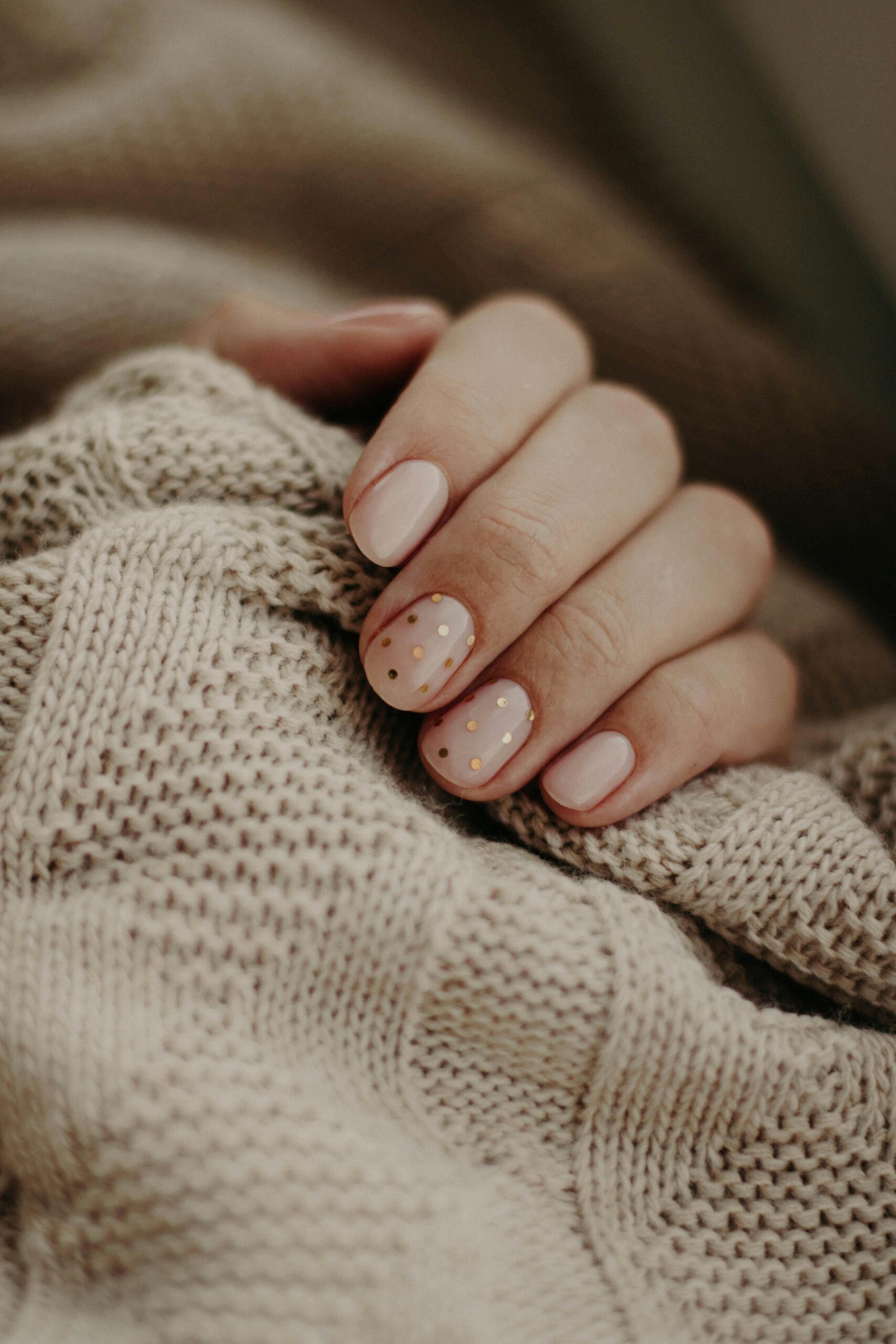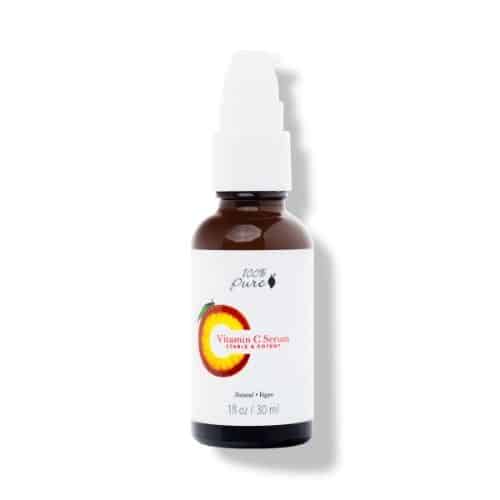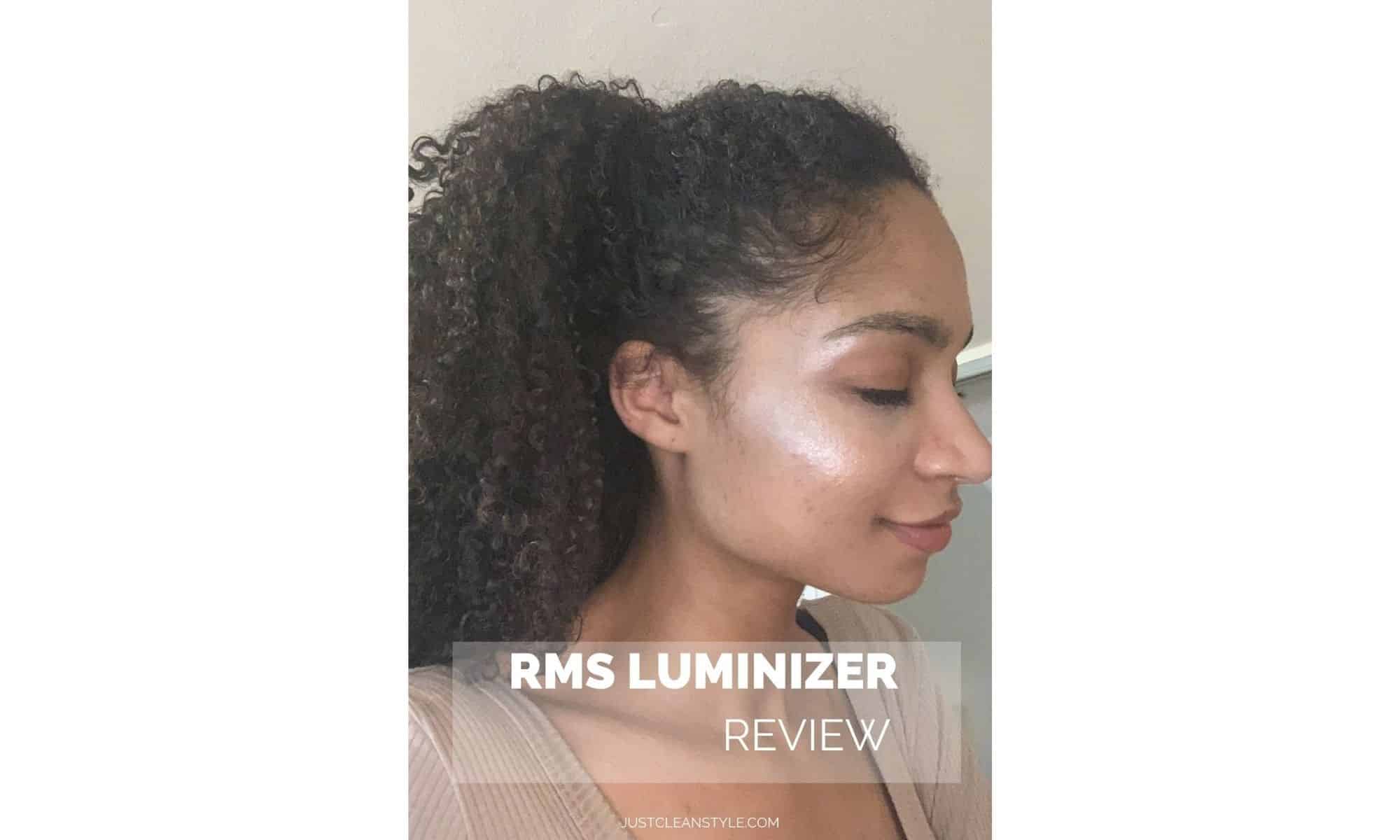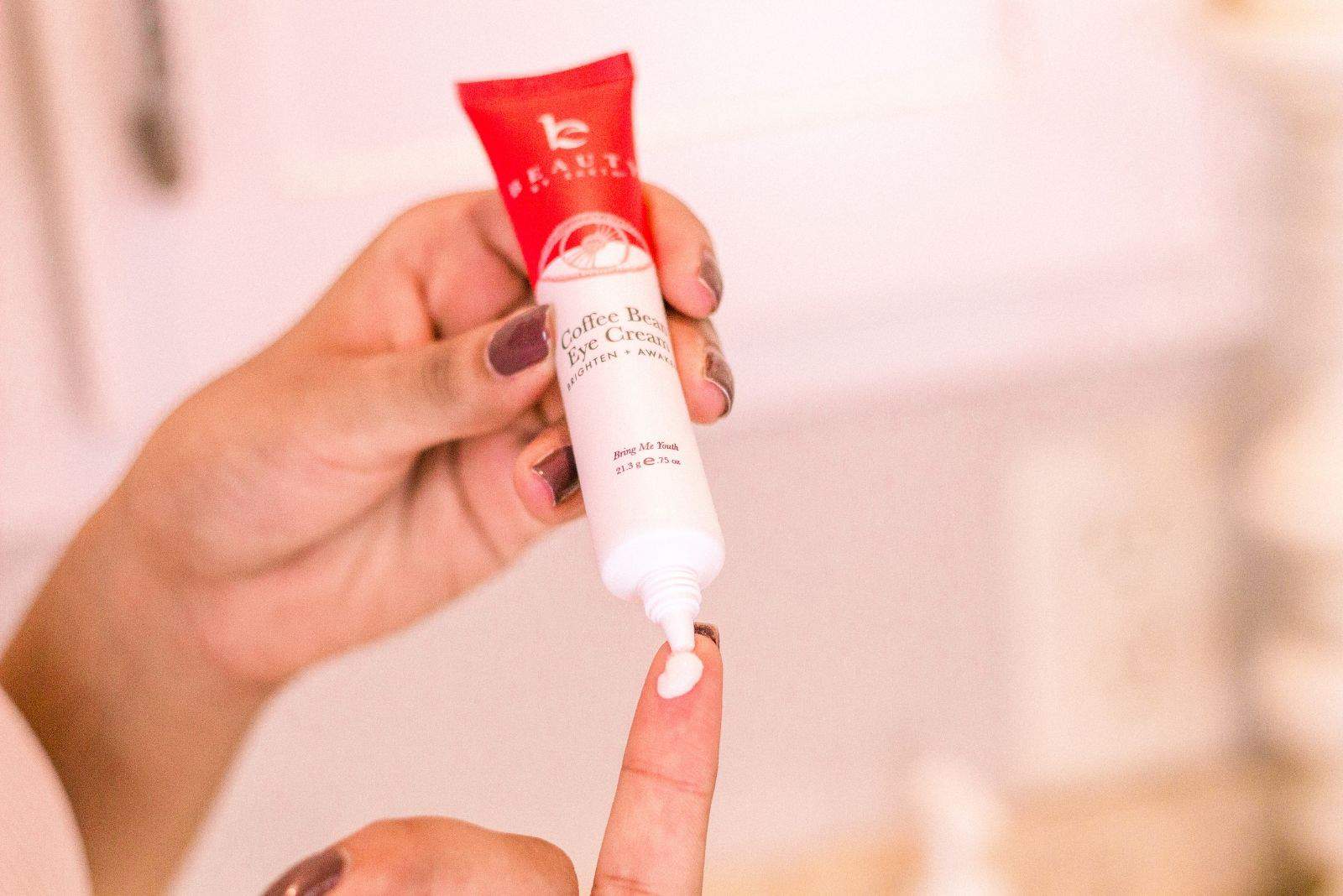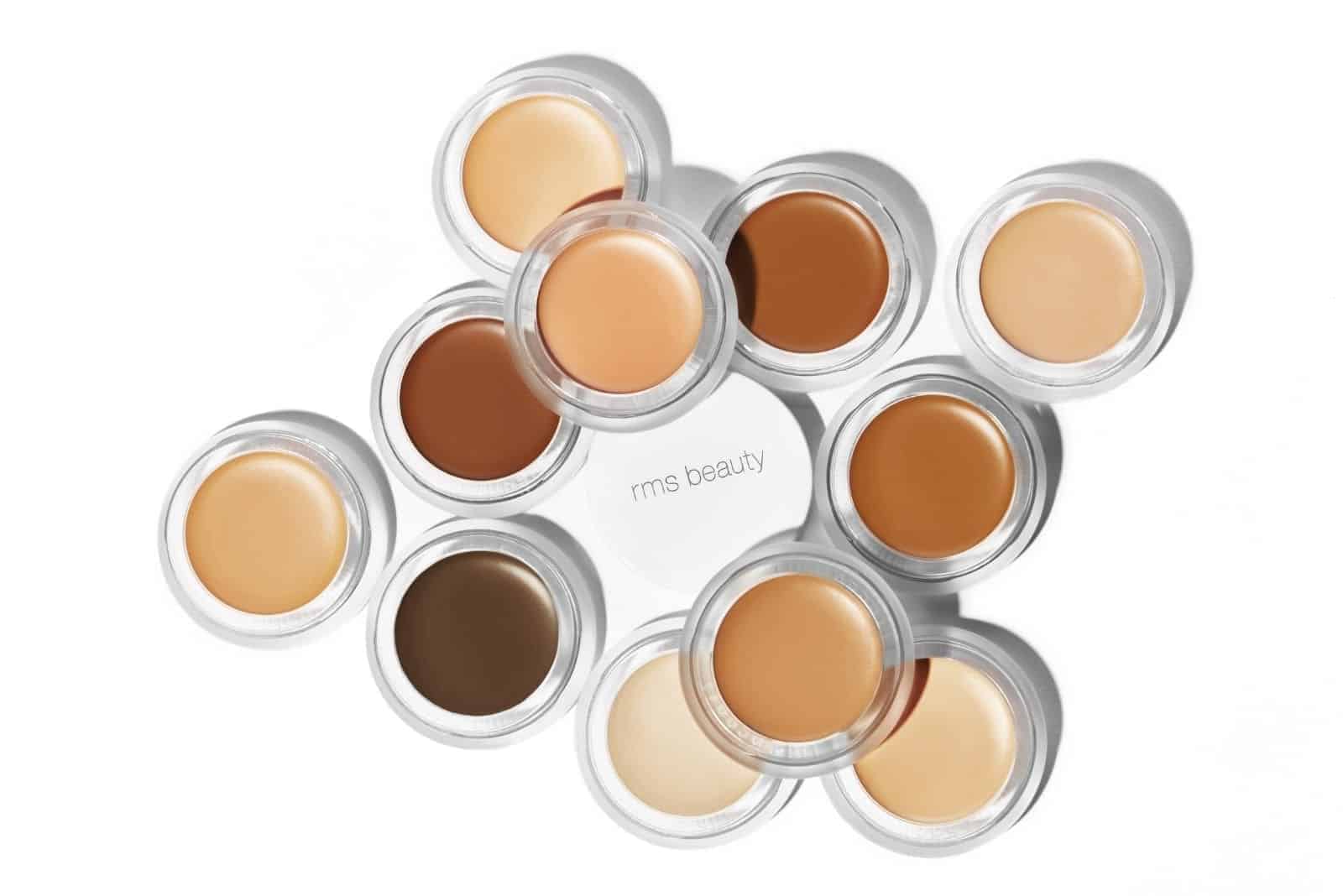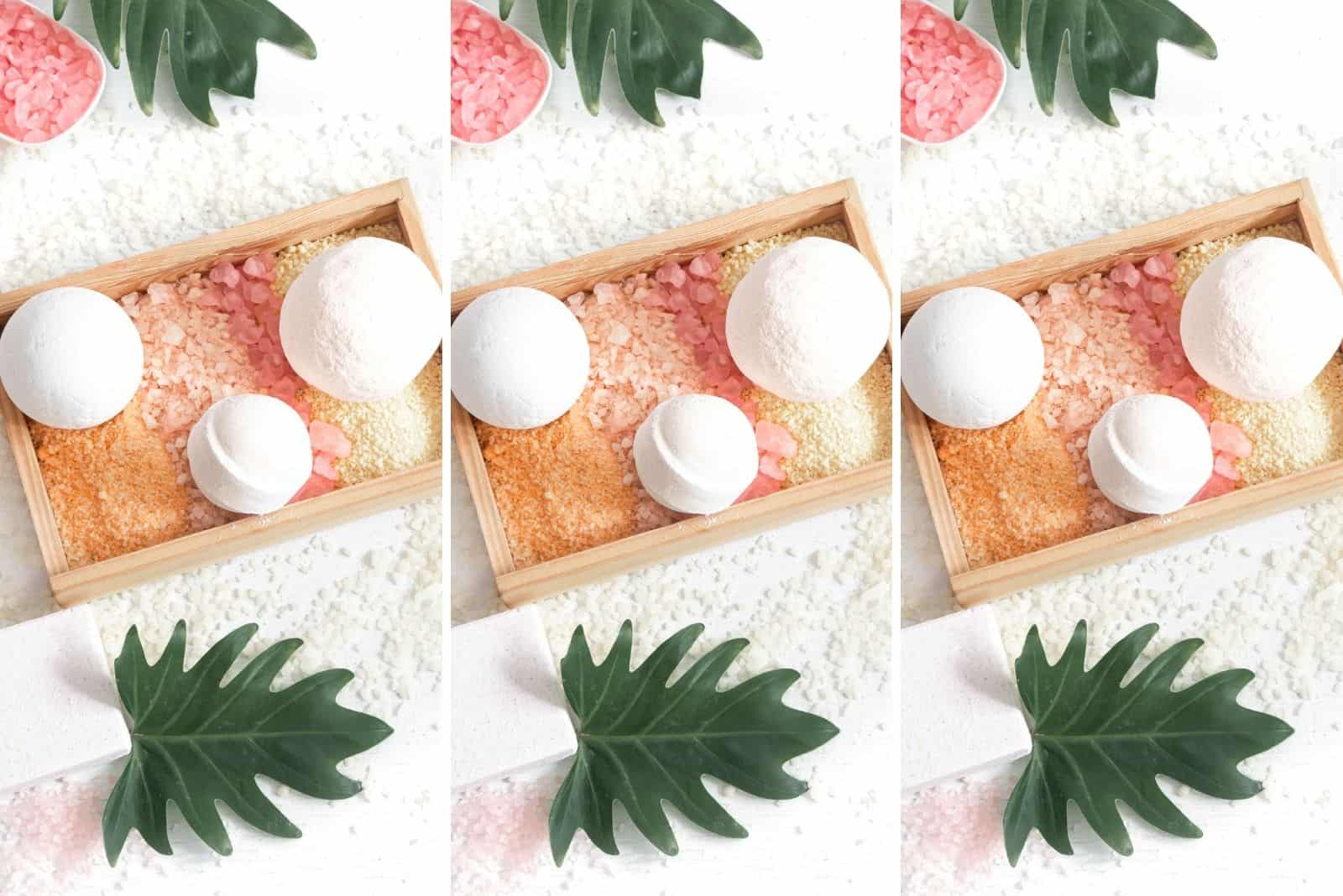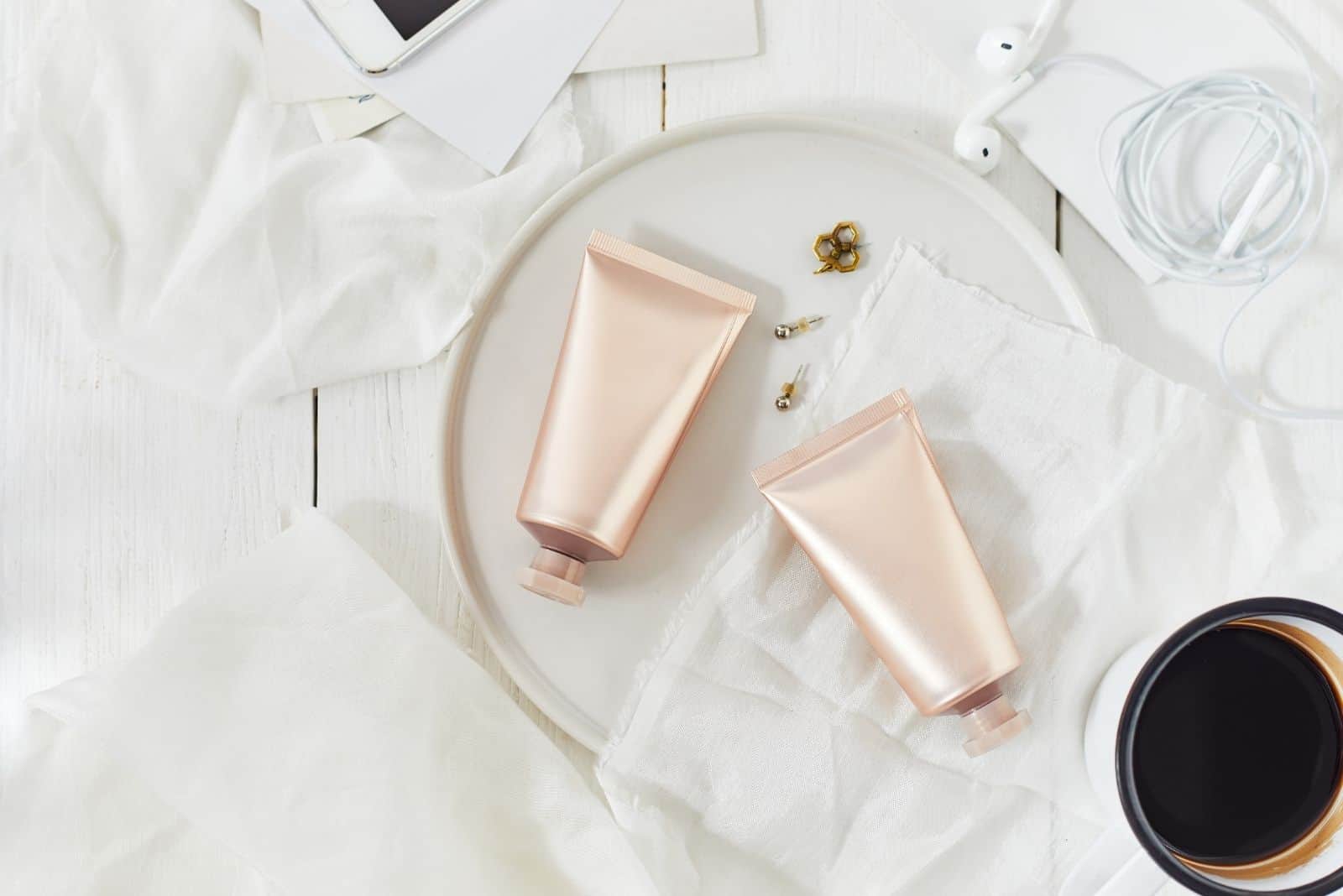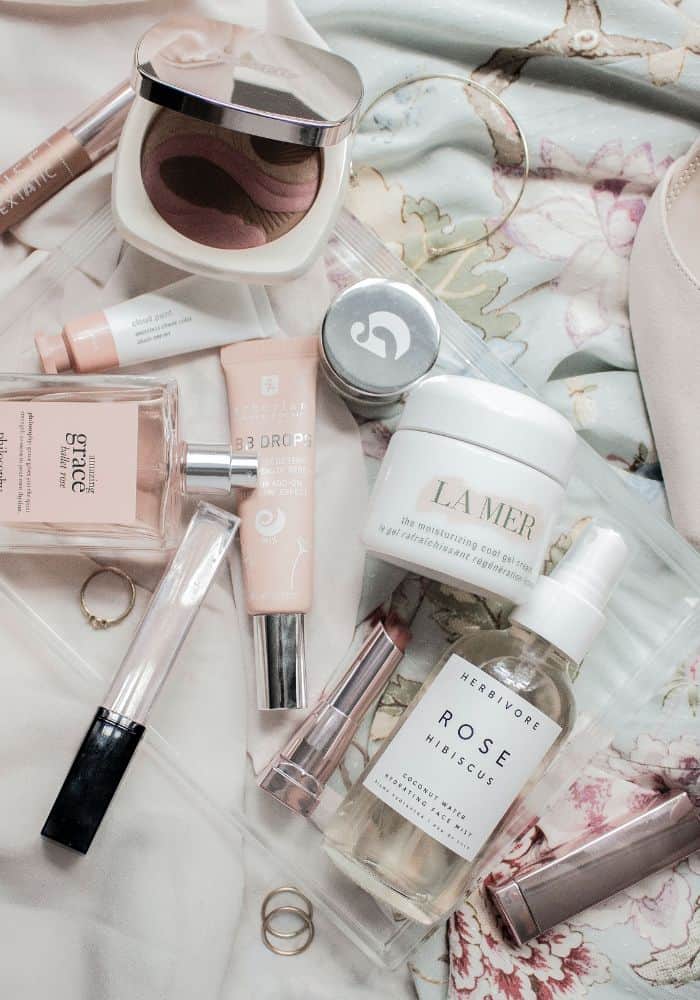Coconut oil for hair has amazing benefits. However, it’s important to know how to use this oil properly to prevent build-up. When used correctly, coconut oil can provide moisture, prevent frizz, and promote protein moisture balance.
This post may contain affiliate links, which means I’ll receive a commission if you purchase through my links (at no extra cost to you). I only promote products I’ve tried and love. As an Amazon Associate I earn from qualifying purchases.
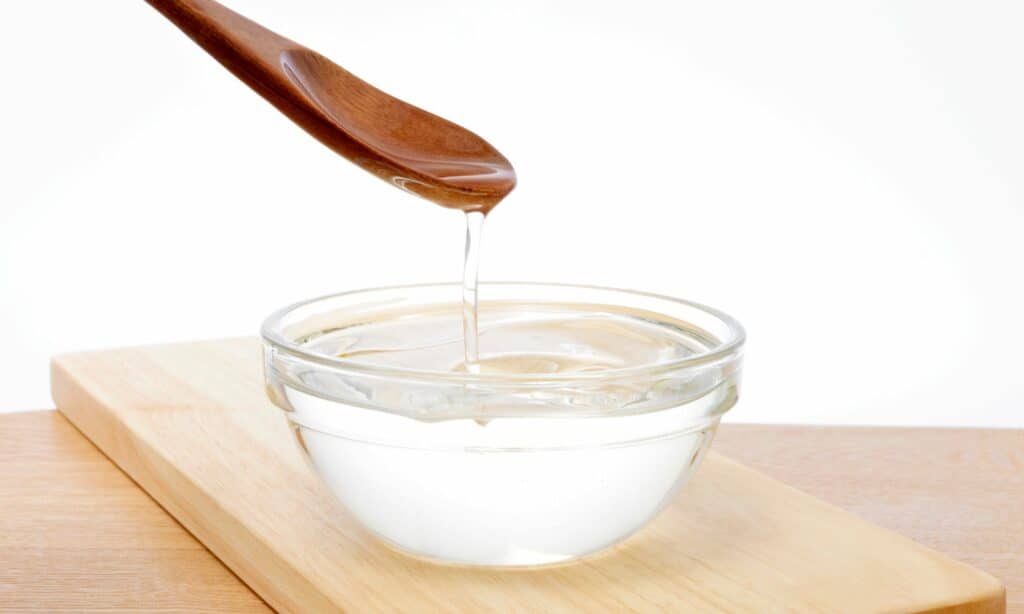
Whether or not coconut oil will work for you will depend in the amount of oil you use, your hair type, and your hair care routine. Coconut oil may not mix well with some of your products or it could be too heavy for your hair type. Below, we’ll discuss the most important tips for using this oil, how to find a high quality oil, and how to know if this is the right product for you.
Coconut Oil in Hair Benefits
Coconut oil is well known for moisturizing the hair, preventing dandruff, and sealing moisture into the hair. Coconut oil is a heavier oil and is usually layered on top of lighter products to prevent the hair from drying out.
This product is popular for natural hair care routines and is often used for DIY in hair masks or product-heavy styling routines such as the LOC and LCO methods.
Coconut oil is used as a sealing oil because it is thick, however the oil is ideal for protecting the hair from protein loss as well.
According to Healthline, a study in 2003 revealed that coconut oil prevented more protein loss than sunflower or mineral oil. This is extremely useful for curly hair types and high porosity hair types that are prone to loosing protein and moisture easily.
The hair follicle is well known for being the most pliable and prone to breakage when it’s wet, and Healthline recommends using coconut oil as a pre-poo for protecting hair from damage when washing your strands.
However there are some drawbacks to this depending on the products you use in the shower. If you don’t use strong clarifying products, you might not be able to remove all of the oil and this could weigh down your curls or create a barrier between your hair and other products.
An alternative pre-poo method is to apply some of you conditioner to your hair before you step into the shower.
Types of Coconut Oil

The type of coconut oil you buy is important, because many oils are processed. Purchasing unrefined coconut oil means you’ll receive a more natural treatment with more of the nutrients of the coconut in the oil.
Refined oils are processed and while they will moisturize your strands and provide the sealing benefits mentioned above, many of the nutrients will be removed and some refined coconut oils are bleached as well.
If you purchase oil, I would recommend purchasing an organic unrefined oil from your local grocery store. You’ll get the maximum benefits from the oil without additives.
What Hair Types Should and Shouldn’t Use Coconut Oil
While coconut oil works for curly and coily patterns, wavy and straight hair can easily become weighed down by the oil. It’s best to start with a very small amount and see how your hair responds.
If you have wavy or straight hair, I would recommend using a light and moisturizing oil such as macademia or almond oil that is easy to distribute. Apply some to your comb or work it into the ends and see how your hair responds.
For curly and coily hair, you can start with a quarter size amount for each section of your hair and see how your hair responds.
Whether or not coconut oil works for you will also depend on your hair routine. If you steer clear of clarifying shampoos and hair detox masks, you will likely want to avoid heavy oils that are difficult to remove.
The Downsides of Using Coconut Oil
Incorporating coconut oil into your daily routine can come with some concerns. The heavy oil can weigh down your curls and if it is not removed on wash day, the residue can block other products from moisturizing your strands.
The oil can also block other types of treatments. For example, a protein treatment applied on top of a layer of oil will not do much good.
I prefer using this oil in very cold weather when I know my hair becomes very dry. I usually apply some to my ends if I know I have a few days before my next hair was day.
How to Use Coconut Oil For Hair
It’s best to start using coconut oil by warming the oil in your hands and applying it evenly throughout the hair. If you have completed you wash and go routine, lightly scrunch it into your hair to prevent causing frizz.
You can use coconut oil in a hair mask, however I would recommend using a lighter oil that is easier to remove in the shower such as olive oil or almond oil.
You can use coconut oil as often as you’d like. How often you incorporate this oil into your hair care routine will depend on the season as well as your styling products.
If you decide to leave this oil in you hair overnight, it’s a good idea to do a protein treatment first. Over-conditioning your hair can become an issue if you are using masks and oils often without balancing these treatments with protein.
Coconut Oil for Hair Loss
There are many methods to prevent hair loss and oil treatments are one of the most popular. However, hair loss is very specific. It’s best to speak to your hair dresser and doctor to determine the cause of your hair loss.
Although many experience thicker hair and hair loss prevention from different DIY treatments, there is not a one-size-fits-all to hair loss.
Other Options
If you decide coconut oil is not right for your hair type or styling routine, there are plenty of lighter oils that provide intense moisturizing benefits without weighting down the hair. Olive oil is a very popular oil for moisturizing curly hair.
Yo can also use a conditioner infused with moisturizing oils (one that is formulated to condition the hair and will likely be easier to remove than applying oil to your strands directly).
You'll Also Love
Credits
Legal
© 2021-2023 Just Clean Style
JCS is a participant in the LTK and Amazon Services LLC Associates Program, an affiliate advertising program designed to provide a means for sites to earn advertising fees by advertising and linking to Amazon.com or Like to Know It Affiliate Programs.
You deserve the best in beauty and business.
